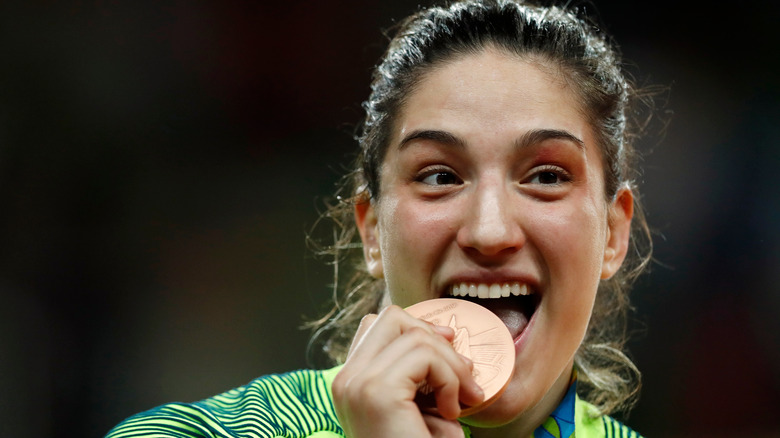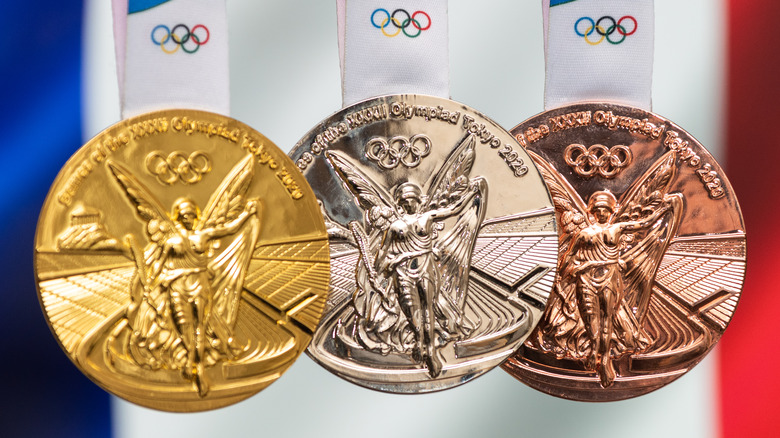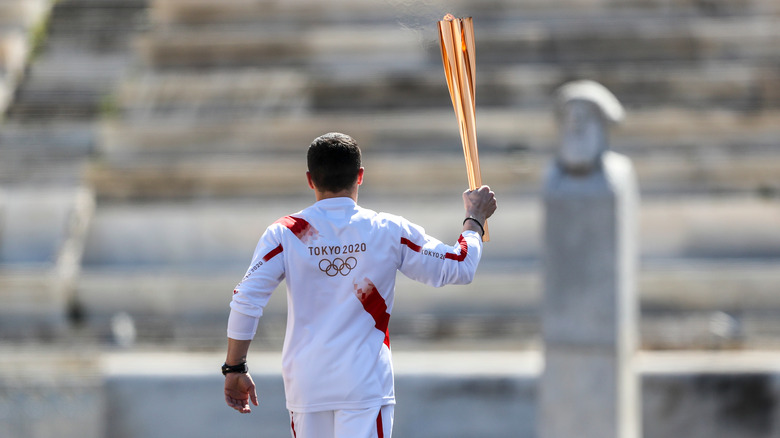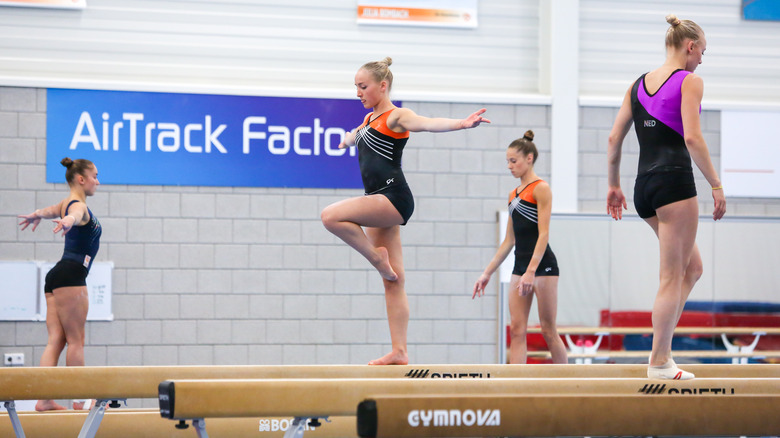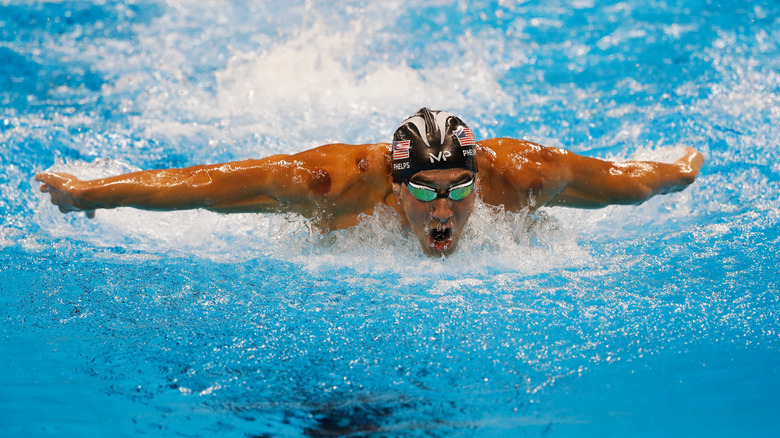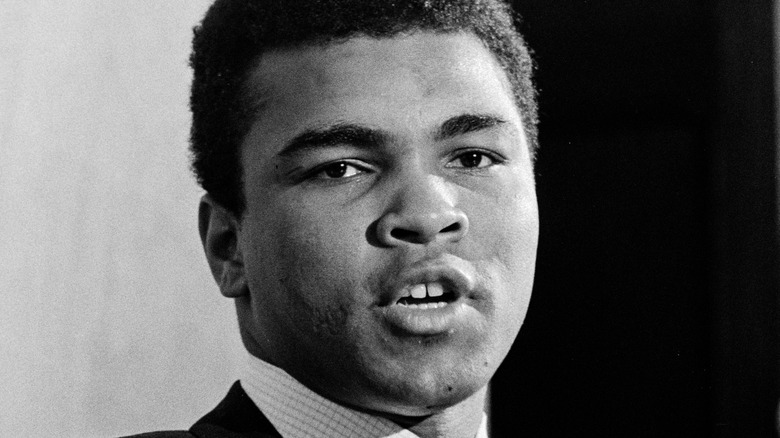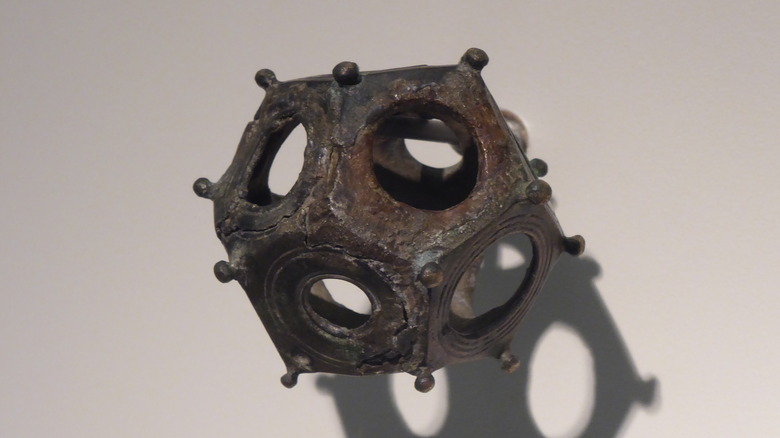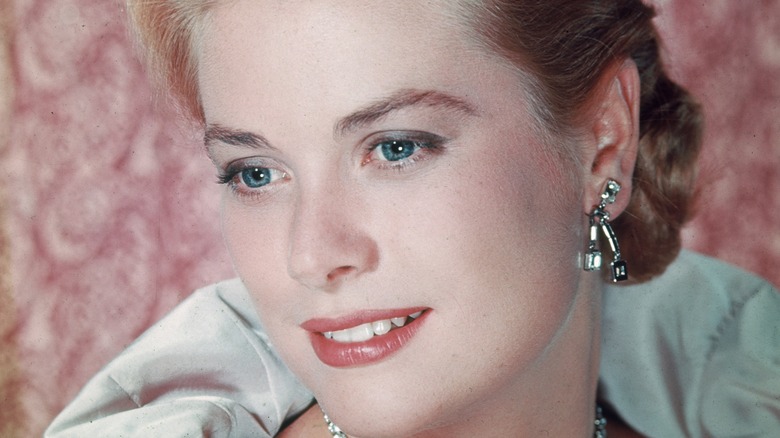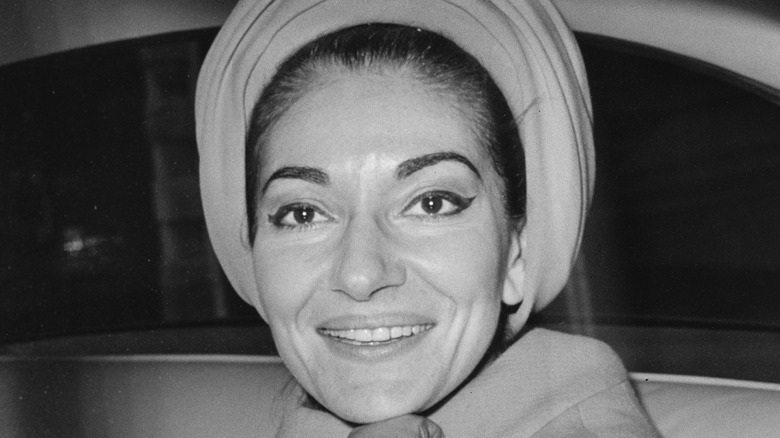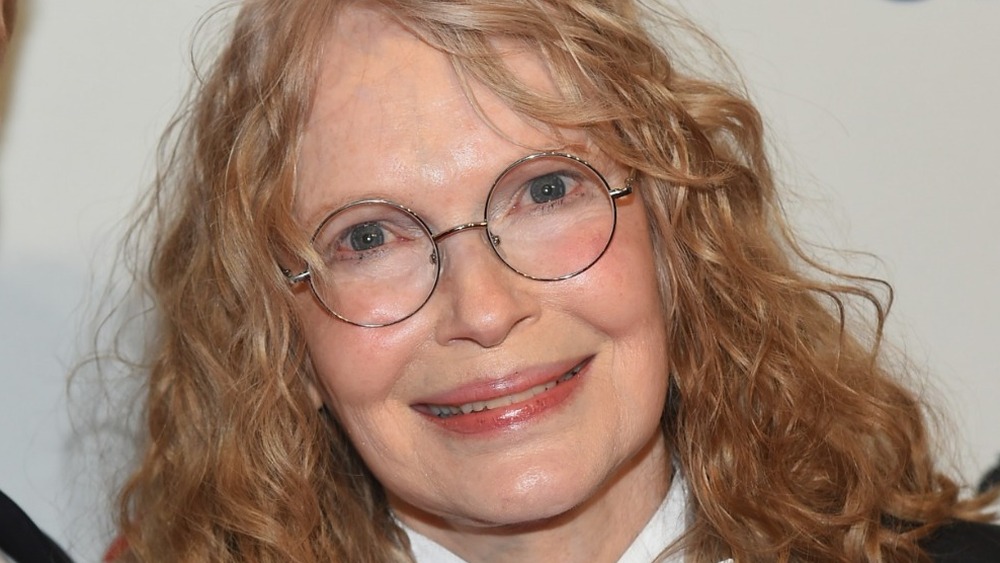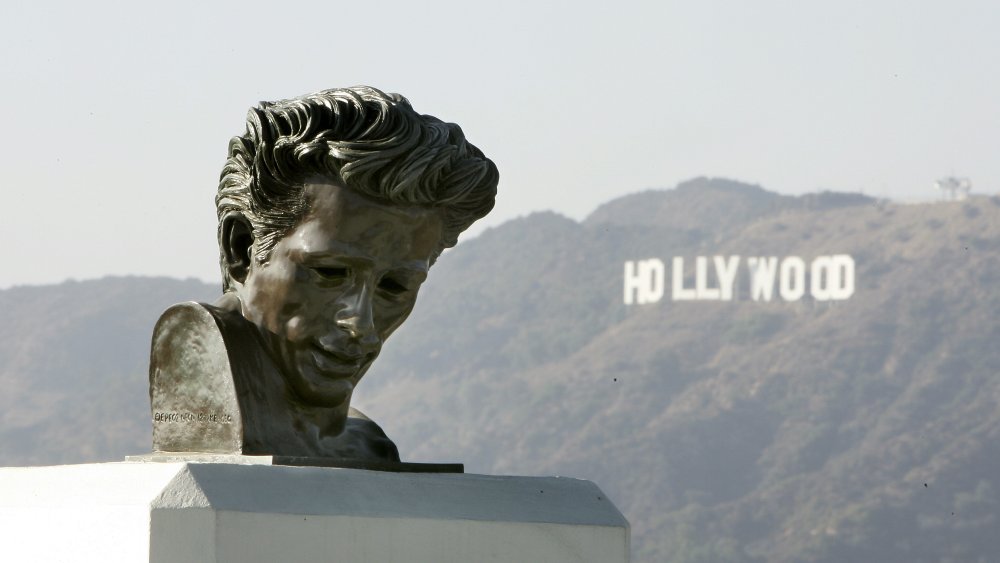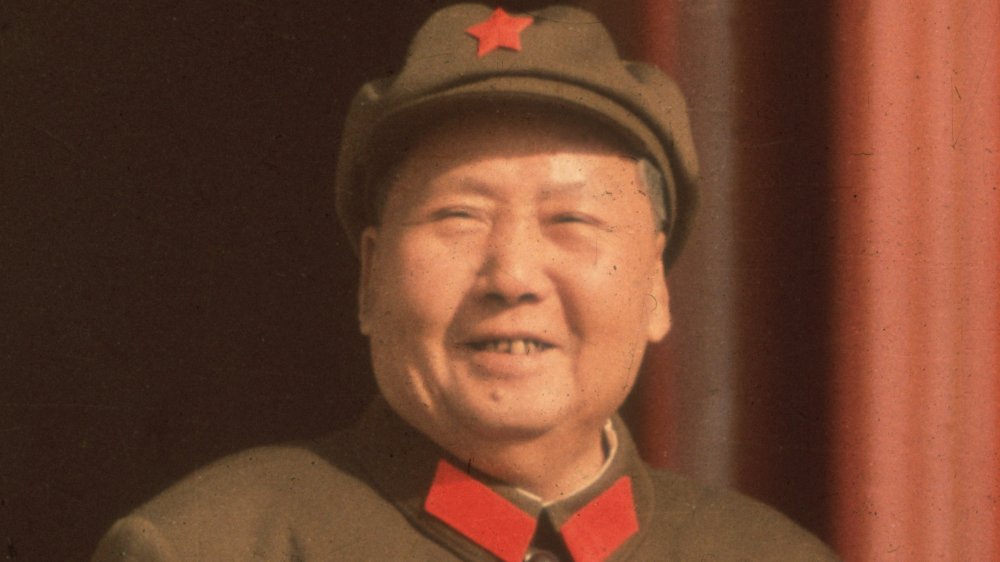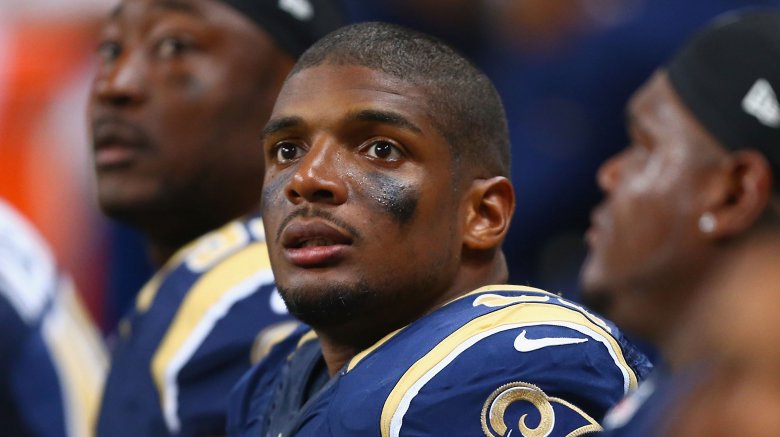
This Is What Happens After You Win An Olympic Medal
After several decades of hard work and fierce competition, you finally won an Olympic medal. You’ve joined the rarefied few who have this hardware.
For many, winning an Olympic medal is the culmination of years and years of dreaming. Not many know how it feels. The Guardian reported there had been 29,216 medals awarded from 1896 to 2012. Since then, there have been three more Olympics, so there would be more medals handed out. Some athletes earn more than one.
The moments after an athlete wins a medal and finally achieves their dreams is a whirlwind. It’s the moment of their lives, and they’re probably feeling so many things all at once. And since winning an Olympic medal is pretty rare, people often wonder what happens after someone stands on a podium crying as their country’s national anthem plays.
Of course, the very first thing most people do after winning a medal is crash in their beds in the Athletes’ Village from exhaustion. But there’s more than that.
There's usually a press tour
Even while they’re still in the Olympic host country, athletes are under press scrutiny. The moment they win, cameras and reporters descend upon them. Doing press and giving interviews are some of the first things people do after winning.
Once they get home, the party doesn’t end yet. Several Olympic runners told Runners World they attended several events celebrating their win. American athletes are often invited to the White House. Sometimes, they even get phone calls from celebrities.
An Olympic win also elevates their platform, explained Vox. After American diver and four-time Olympic champion Greg Louganis revealed he was HIV positive, he wanted to debunk myths about gay men and the virus. He found interviewers less than receptive to his message, but he said it was still worth it.
Olympic medalists also visit schools to inspire kids. Silver medalist Paul Chelimo said in an interview with Runners World that he spoke to some elementary kids who were unimpressed with his medal and grilled him why he didn’t win gold.
Some get rich, others don't
Along with increased press attention, sometimes medal-winning athletes get more money in return. Not only do they get endorsement deals and star in commercials, but they also get paid for winning.
To be clear, the Olympics doesn’t pay the athletes, but some countries give their representatives a bonus. CNBC reported Singapore offers Olympians $1 million if they win gold, silver medalists get $500,000, and those who get bronze are given $250,000. Indonesia pays gold medalists $746,000, while Kazakhstan hands over $250,000. The United States awards $37,500, $22,500, and $15,000 to gold, silver, and bronze winners, respectively.
Unfortunately, this sometimes means more taxes. CNN wrote that Olympic medalists still have to pay state and federal taxes on their prize earnings. They may also have to pay taxes on the price of the medal itself. Each host country designs its medals so the value of the medals — how much they’re worth, based on the amount of precious metal they contain — can change. For example, the 2018 Winter Olympics gold medals weighed 586 grams and can sell for $570. But good news for Olympians: the U.S. Senate passed a bill in 2016 seeking to exempt Olympic and Paralympic prize earnings from taxes.
Retirement starts sounding good
For many athletes, getting to compete in the Olympics and maybe winning a medal is the culmination of years of sacrifice. So it’s no surprise that many of the athletes end up retiring after winning the Olympics.
The prospect of retiring can be daunting, said Bustle. Most often, athletes have given up a lot to focus on their training. Not all sports have a college equivalent that allows the athletes to continue training while balancing school. Others who do manage to train, study, and find some part-time work understand that their path to graduation may take a lot longer than usual.
Vox noted that some Olympians find it challenging to find a new job after retirement. Since very few get to have some sort of internship, Olympic athletes sometimes don’t have the requisite experience to land a traditional corporate job. Some former players end up using their background to either coach or become a commentator for their sport. Others become motivational speakers — after all, who is more motivated than an Olympian? Of course, if they’re willing, they can also go back to school, even if they’re a little bit older than their classmates.
Back to training
But not every medalist chooses to retire after their first Olympics. Most keep training in hopes of winning another one.
An Olympic medal, however, is no guarantee of a return to the team for the next games. Vox pointed out several factors that keep some former Olympians out of the event four years later. Some sports are highly competitive, so players always have to be at the top of their game. It doesn’t matter if they’ve won gold; if their skills don’t match up with others coming up, they may be left out of the team. Injuries can happen. Most times, athletes find that their bodies just want rest and cannot be at the same level as when they first made the time.
There’s also the issue of the continued expense of training. While winning a medal gives a temporary financial boost, The Guardian said athletes sometimes have to crowdfund their training.
It takes a toll on their mental health
Coming from the highs of competing at the top level of a sport sometimes has its costs. Olympians are often held up as paragons, celebrated for their strength, speed, dedication and achievement. So what happens when you win a medal, but then go back to everyday life?
Elite athletes often suffer from depression, especially after they retire from their sport. Michael Phelps, the most decorated Olympic athlete of all time, has openly talked about his depression after the Beijing Olympics and again after his retirement. Insider said athletes are vulnerable to mental illness because of how much pressure they put on themselves, how much of their identity is wrapped up in their sport, and something called the post-Olympic crash. The Atlantic explained it as the end of the roller coaster ride that is qualifying for and competing in the games.
Fortunately, athletes like Phelps have spoken up about the lack of mental health support for Olympic athletes, and many others are seeking help. Winning an Olympic medal may be the most amazing thing in the world, but sometimes, life after getting gold is hard.
This summer’s Olympic games in Tokyo, Japan, are scheduled for July 23-August 8.

The Bizarre Sound Black Holes Make When They Collide
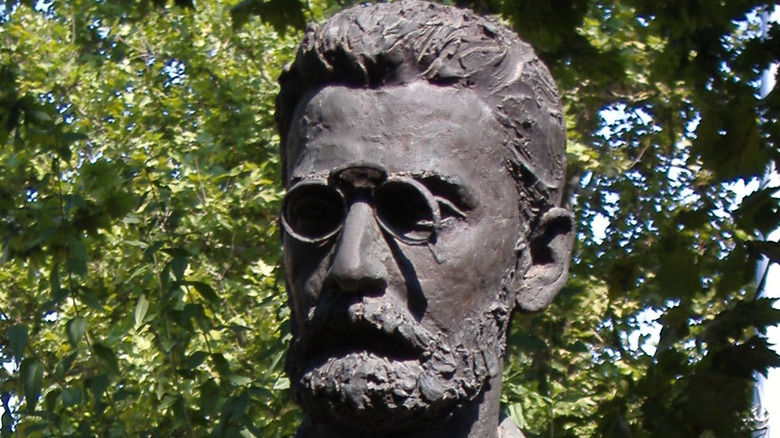
The Surprising Reason Joseph Pulitzer Shot Someone

What It Really Means To Be Excommunicated From The Amish
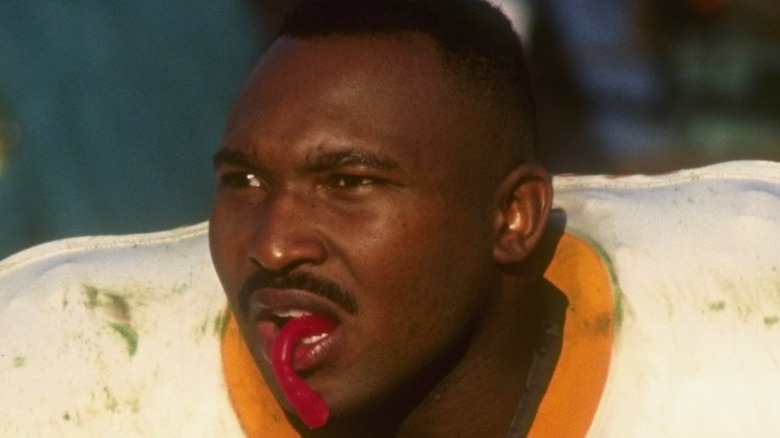
The Tragic Death Of Former NFL Player Keith McCants

The Big Lie About The Holocaust You Learned In History Class

Cocaine Cowboys: How Much Willy And Sal's Empire Was Really Worth
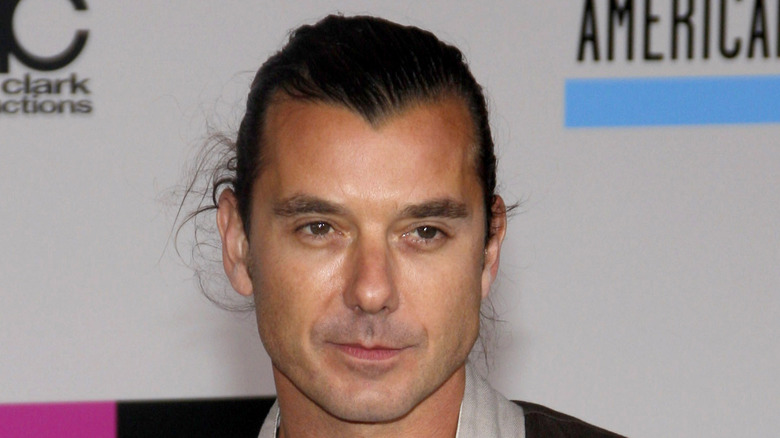
How Bush Really Felt About The Smashing Pumpkins
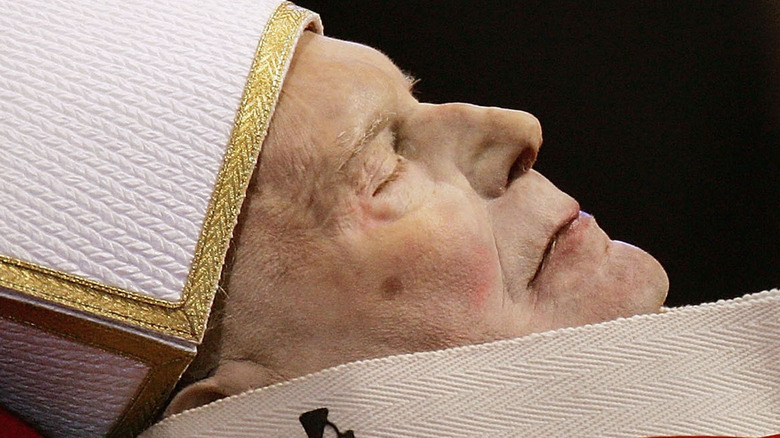
Here's What Happened To The Bodies Of These Popes

What Is The Fastest Speed Limit In The World?

The Disturbing Sport You've Never Heard Of
